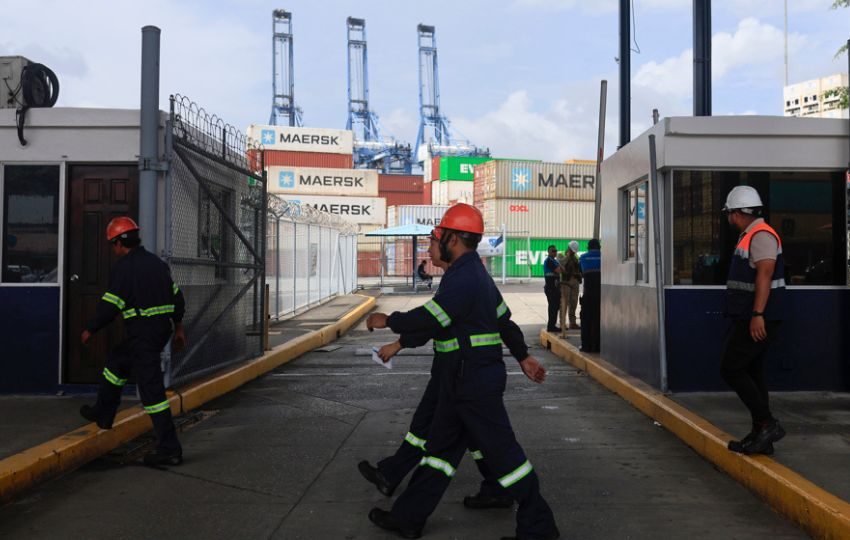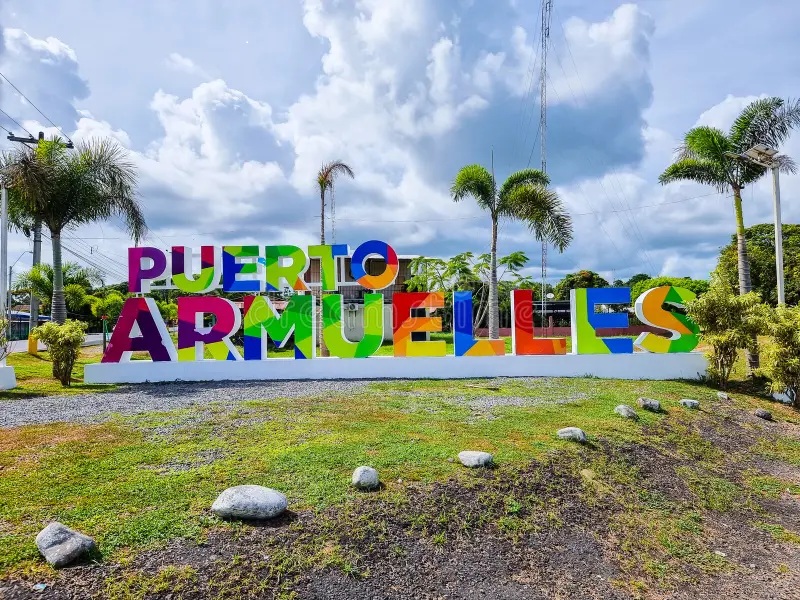Panama steps to environmental management

By Manfred Kopper
THE DIRECTOR of Environment and Economy. Business Association for Development (AED) highlights the role that businesses in Panama and Central America are pLaying to halt the world’s use of more resources than it produces.
The business sector should be mobilizing civil society and the public sector in addressing environmental challenges.
For this it is essential that organizations incorporate environmental goals into their business strategies that enable them to better manage and reduce their impact .
It is also necessary that they directly seek the involvement of their , supply and distribution, chain clients, community and the public sector to create the necessary capacities to contribute tpreducing their environmental footprints.
Currently, according to Global Footprint Network , we consume more resources than the earth can produce . By August 20, we had exhausted all the resources of 2013 and began to consume above potential available. If we continue doing business this way, 2050 will require the equivalent of 2.3 planets natural resources. This trend is unsustainable.
Despite the obvious risks, it is common that employers are unaware what the impacts are generated by their organizations. If companies do not understand how to reduce their environmental footprints they are unlikely to create the capacity for other sectors to do so. Today, at least, interest in managing the environmental impacts from the companies is widespread and organizations seeking alternatives to achieve . But how is it done?
In general, the environmental management of businesses involves the following parameters : water, wastewater treatment , water and atmospheric pollutants , fossil fuels, waste management and energy. Management or administration of these resources become an opportunity for improvement it brings in risk management, efficiency and even in reducing costs. This management should be aligned with the context, global and national, where companies operate.
It is essential that companies visualize environmental management as a necessity and an opportunity to strengthen their business strategies and ensure their sustainability. This management should not be divorced from the challenges and regional and global contexts in terms of environment, and that all sectors share common goals and objectives exist in time.
To facilitate this process, the Business Association for Development (AED ) created in 2011 Eco Efficiency Business , a collaborative platform with specialized and internationally recognized tools for companies to manage their environmental impacts in a practical , simple and friendly way . This initiative has been strengthened as a space for collaboration between the public and private sector initiatives to exchange replicability , scalability and sustainability to reduce the learning curve and reduce implementation costs .
The project has been implemented for two years in Costa Rica , a period in which more than 75 companies have got involved . In Panama, through SumaRSE, in its first year of 25 organizations participated.
In El Salvador , through FUNDEMAS the project was implemented in 20 institutions . In 2015 it is expected to be implemented in Honduras and Guatemala by FUNDAHRSE and CentraRSE .
Through the accompanying Eco Efficiency Company, participating organizations were able to reduce 263,184 cubic meters in water consumption, 30.9 tons of paper and consumption of fossil fuels and energy equivalent to 7614 tons of CO2e.
This test initiative shows that business has the ability to lead, mobilize and transform the urgency for all sectors accountable for their environmental impacts as a strategy for improving competitiveness and promoting itself, local and global sustainability





